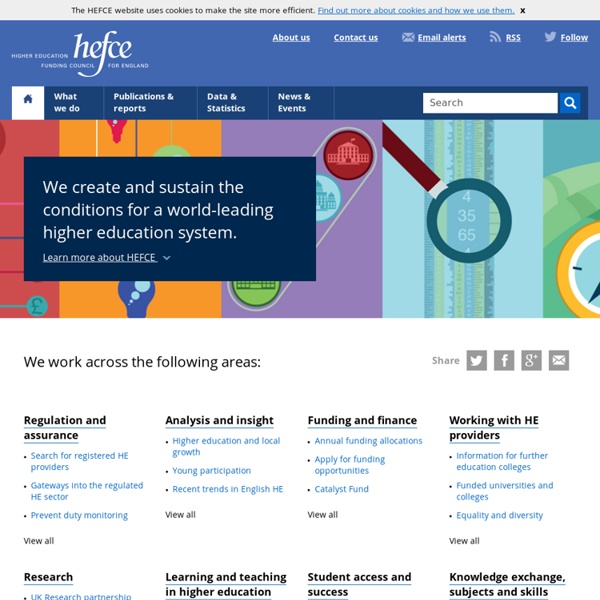



Student Loans Company - Student Loans Company Scottish Funding for Research Research Excellence Grant The Research Assessment Exercise (RAE) 2008 gave us a measure of the quality of research carried out in Scotland. Following RAE 2008, SFC replaced its Main Quality Research Grant and Research Development Foundation Grant with the Research Excellence Grant (REG) in academic year (AY) 2009-10. The funding model for REG accommodates the results of the RAE 2008, and continues to underpin the structure and value of the dual support system. (Under the dual support system, the UK Research Councils provide grants for specific projects and programmes, while SFC provides block grant funding for universities to carry out ground-breaking research of their choosing.) In broad terms, developing the policy for REG was informed by these needs or requirements: SFC is reviewing the underlying model for the distribution of REG in advance of the Research Excellence Framework in 2014. Additional information Research Postgraduate Grant
Scholarships for UK study Scholarships, grants, bursaries, fellowships, financial awards, loans… there are many financial support options for international students who wish to study on a UK course. Demand for scholarships is always greater than supply; to maximise your chances, apply as early as you can. Click to jump to: Scholarships and bursariesOther sources of fundingEvaluating costsFinancial difficulties Where can I find UK scholarships and bursaries? On this website, you can search through thousands of scholarships at UK schools, colleges and universities – just click here and select your subject. In addition, the British Council manages or administers aspects of a number of scholarship and funding schemes. Other sources of funding There are a number of scholarship schemes run by governments, charities and other organisations. Evaluating costs Even with financial support, it is likely that you will have to pay some costs yourself. Financial difficulties
N Ireland - Higher Education Policy & Funding - Department for Employment and Learning Higher Education Policy in the Department consists of two branches: Higher Education Policy Branch and Higher Education Widening Participation branch. Higher Education Policy Branch The aim of Higher Education Policy branch is to develop, communicate and evaluate higher education policy for Northern Ireland, in consultation with the sector, and other regions of the United Kingdom and Republic of Ireland. The main business areas of Higher Education Policy Branch are: Quality Assurance and Teaching and Learning - Higher Education Policy manages a range of teaching and learning initiatives and activities and, to this end, assesses, approves and appropriately manages funding allocations to support the core activities of Northern Ireland Higher Education Institutions.International Activity - this is an area of growing importance for the Department in the context of an increasingly international labour market and increased competition for international students worldwide.
UK Scholarships | 2013-2014 Scholarships in for UK Louis Dreyfus-Weidenfeld and Hoffmann Scholarship and Leadership Programme at Oxford University University of OxfordMasters Degree Deadline: 6/20 Jan 2017* (annual) Study in: UK Course starts 2017 Last updated: 19 Sep 2016 | Reach Oxford Scholarships for Developing Country Students University of OxfordUndergraduate Degree Deadline: 15 Oct 2016/15 Feb 2017 (annual) Study in: UK Course starts October 2017 Last updated: 12 Sep 2016 | OPENS JAN 2017 Gates Cambridge Scholarships for International Students Gates Cambridge Trust Masters/PhD Degree Deadline: 12 Oct/7 Dec 2016 (annual) Study in: UK Course starts October 2017 Last updated: 05 Sep 2016 | Clarendon Fund Scholarships at University of Oxford Oxford University PressMasters/PhD Degrees Deadline: 6 Jan/20 Jan 2017 (annual) Study in: UK Course starts October 2017 Commonwealth Scholarships for Developing Commonwealth Countries Deadline: 15 Nov 2016 (annual) Study in: UK Course starts Sept/Oct 2017 Last updated: 22 Aug 2016 | Last updated: 08 Aug 2016 |
Online and telephone banking 24 7 365 | first direct Start-Up Loans